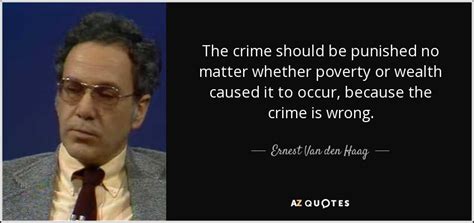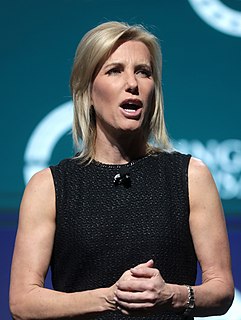A Quote by Dominic Grieve
In a mature democracy any proposed policy should be subjected to a close analysis of its likely benefits and costs.
Related Quotes
Sensible policies on global warming should weight the costs of slowing climate change against the benefits of slower climate change. Ironically, recent policy initiatives, such as the Kyoto Protocol of 1997, have been introduced without any attempt to link the emissions controls with the benefits of the lower emissions.
Given our inevitably incomplete knowledge about key structural aspects of our ever-changing economy and the sometimes asymmetric costs or benefits of particular outcomes, a central bank... need to consider not only the most likely future path for the economy but also the distribution of possible outcomes about that path. They then need to reach a judgment about the probabilities, costs, and benefits of the various possible outcomes under alternative choices for policy.
Human capital analysis starts with the assumption that individuals decide on their education, training, medical care, and other additions to knowledge and health by weighing the benefits and costs. Benefits include cultural and other non-monetary gains along with improvement in earnings and occupations, while costs usually depend mainly on the foregone value of the time spent on these investments.
Student loans have been helpful to many. But they offer neither incentive nor assistance to those students who, by reason of family or other obligations, are unable or unwilling to go deeper into debt. ... It is, moreover, only prudent economic and social policy for the public to share part of the costs of the long period of higher education for those whose development is essential to our national economic and social well-being. All of us share in the benefits - all should share in the costs.
If an artwork never gets any attention from anybody, then obviously it's got problems. If it gains attention from a very small elite, then it's presumably doing something. Finnegans Wake gets a lot of attention from certain people who become passionate about it, who are usually very good readers in general. Although - I often talk about costs and benefits - it seems to me the costs of reading Finnegans Wake are not worth the benefits, however many there may be. And it's the same with the more arcane among poets, Zukofsky and so on.
Kyoto costs a lot, does nothing to prevent calamity, and pays no compensation in the event of loss. If my insurance broker offered that sort of policy, I would not carry insurance. Instead what my broker offers is a policy that costs a little and pays full compensation in the event of loss. If someone wants to propose that as a policy on global warming, I'm all in favour.


































